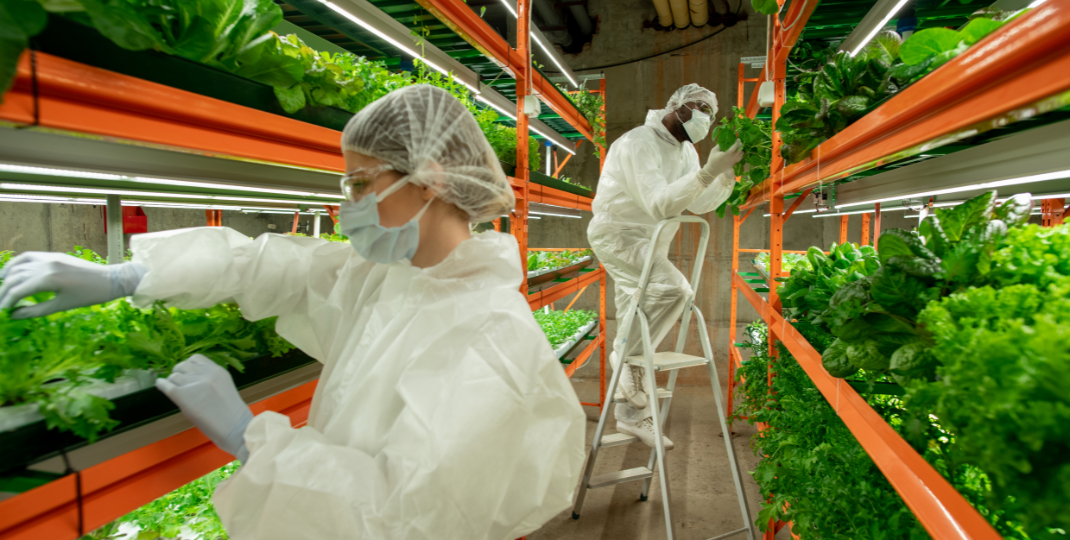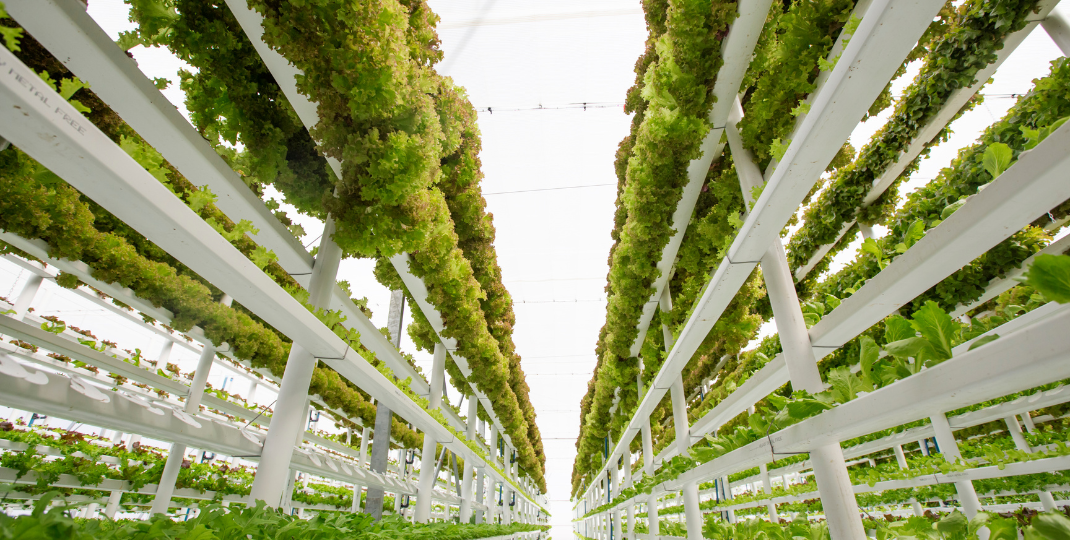In an era where technology is rapidly advancing and our lives are becoming increasingly fast-paced, the way we approach food and meals is also undergoing a significant transformation. The concept of future meals encompasses the exciting realm of innovative culinary experiences that are yet to come. From cutting-edge cooking techniques to sustainable and alternative food sources, future meals hold the promise of revolutionizing not only our dining experiences but also our relationship with food, health, and the environment. With a focus on creativity, sustainability, and convenience, future meals offer a glimpse into a world where delicious and nutritious food will be readily accessible to all, without compromising taste or quality.

What will be the most popular food trend in 2030?
It is difficult to predict with certainty what the most popular food trend in 2030 will be, as food trends are constantly evolving and influenced by various factors. However, based on current patterns and emerging technologies, it is likely that sustainable and plant-based diets will continue to gain prominence. With increasing focus on environmental sustainability future meals and health-consciousness, people may gravitate towards alternative protein sources such as cultured meat and insect-based products, as well as incorporate more diverse and nutrient-rich plant-based ingredients into their meals. Additionally, technological advancements like 3D-printed food and personalized nutrition could also shape the future of food consumption.

Will we be able to grow our own food with advanced technology in the future?
With the continuous advancements in technology, it is highly likely that we will be able to grow our own food using advanced techniques in the future. Innovations such as vertical farming, hydroponics, and precision agriculture are already enabling us to maximize crop yields while minimizing resource consumption. Additionally, developments in genetic engineering and biotechnology can lead to more resilient and nutritious crops, ensuring food security even in challenging conditions. As these technologies progress further, they have the potential to revolutionize the way we produce and cultivate food, empowering individuals and communities to become self-sufficient in their own food production.
How will climate change affect the availability and variety of ingredients in the coming decades?
Climate change is projected to have significant impacts on the availability and variety of ingredients in the coming decades. Rising temperatures, changing precipitation patterns, and extreme weather events can disrupt agricultural systems, leading to reduced yields and lower quality of crops. This can result in a decline in the availability of certain ingredients and increased prices. Additionally, shifts in climate can affect the geographic distribution of plants, animals, and marine species, leading to changes in the variety of ingredients that can be cultivated or harvested. Overall, climate change poses a threat to global food security, potentially limiting the range and diversity of ingredients available for culinary purposes.
Will sustainable and plant-based diets become the norm in the future?
There is a growing global awareness about the environmental impact of animal agriculture and the benefits of plant-based diets, such as reducing greenhouse gas emissions, conserving water resources, and promoting biodiversity. As the urgency to combat climate change and ensure food security increases, it is likely that sustainable and plant-based diets will become more prevalent in the future. This shift will be driven by a combination of factors, including advancements in food technology, increased availability and affordability of plant-based options, changing consumer preferences, and government policies promoting sustainability.
What new exotic and unique ingredients will be commonly used in future meals?

In the future, it is likely that new exotic and unique ingredients will be commonly used in meals. With advances in technology and global connectivity, we can expect to see ingredients like kelp, moringa, jackfruit, or even insects making their way into mainstream cuisine. These ingredients offer diverse flavors, sustainable sourcing options, and are often nutrient-dense, appealing to the growing demand for healthier and more environmentally conscious food choices. As our culinary horizons expand, so too will the variety of ingredients featured in our everyday meals.

How will advancements in food science and technology impact the way we eat and cook?
Advancements in food science and technology are likely to revolutionize the way we eat and cook. With the development of new food processing techniques, such as genetic modification and artificial meat production, our food choices will expand, providing more options for individuals with specific dietary needs or preferences. Additionally, technological advancements like smart appliances and digital cooking platforms will streamline the cooking process, making it more efficient and convenient for consumers. This will ultimately lead to a more diverse and personalized culinary experience, improving both the quality and accessibility of our meals.
Will there be a solution to eliminate food waste entirely in the future?
It is difficult to predict with certainty whether there will be a complete solution to eliminate food waste entirely in the future. However, significant efforts are being made globally to address this issue through initiatives such as improved supply chain management, consumer education, and technological advancements. These endeavors aim to reduce food waste at various stages, from production and distribution to consumption. While it is unlikely that we can completely eradicate food waste, progress in these areas suggests that we can greatly minimize it and work towards a more sustainable and efficient food system.

How will cultural influences and global migration shape future culinary traditions?

Cultural influences and global migration will undoubtedly shape future culinary traditions by bringing together diverse ingredients, techniques, and flavors from different parts of the world. As people move across borders and settle in new countries, they bring with them their own food traditions, which blend and evolve with local cuisines, giving rise to unique fusion dishes. Moreover, increased exposure to international foods through travel and media allows individuals to experiment with new tastes and culinary styles, leading to the creation of innovative and exciting dishes that reflect a globalized food culture.
Exploring the Future of Meals: Innovations, Trends, and Possibilities
In conclusion, the future of meals holds exciting possibilities. With advancements in technology and a growing emphasis on sustainability and nutrition, we can expect a shift towards personalized, sustainable, and nutritious food options. From lab-grown meat to vertical farming, innovative solutions will reshape our perception of traditional meals. Moreover, advancements in AI and robotics may revolutionize the way meals are prepared and served, making it more convenient and efficient. However, as we move forward, it is important to strike a balance between innovation and preserving traditional culinary practices that bring us joy and connect us to our cultural heritage. Ultimately, the future of meals offers us an opportunity to redefine our relationship with food, enhancing not only our health and well-being but also our connection to the world around us.
